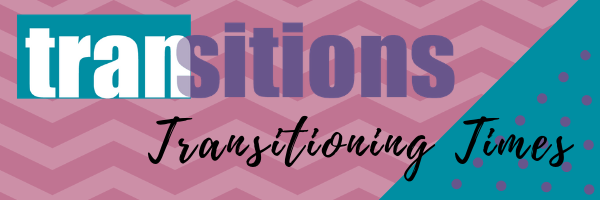Sexual Violence and Individuals with Disabilities
Individuals with disabilities experience
sexual violence at alarming rates.
Victims of sexual violence who have intellectual/developmental
disabilities are often overlooked because they may not be able to speak for
themselves. Many times, these
individuals are completely physically and emotionally dependent on someone else
and may have a difficult time communicating. Individuals with disabilities are
not always taught how to set specific boundaries for themselves, and they are encouraged
to be compliant with others. Some
victims are not capable of giving
consent to a sexual relationship.
More than 90 percent of
people with developmental disabilities will experience sexual abuse at some
point in their lives. Forty-nine percent will experience 10 or more abusive
incidents (Valenti-Hein & Schwartz, 1995).
There are many different
ways to help individuals with developmental disabilities that have disclosed
sexual violence.
·
Let the survivor know you believe them.
·
Treat the survivor like a person, not their disability.
·
Go slowly and take your cues from the survivor.
·
Support the survivor in their choices and decision-making.
(California Coalition Against Sexual Assault, 2010).
Remember, each survivor is
different and may need something different from a friend, family member,
caretaker, or advocate.
Written by: Alesha L., Shelter Counselor/Advocate


Comments
Post a Comment